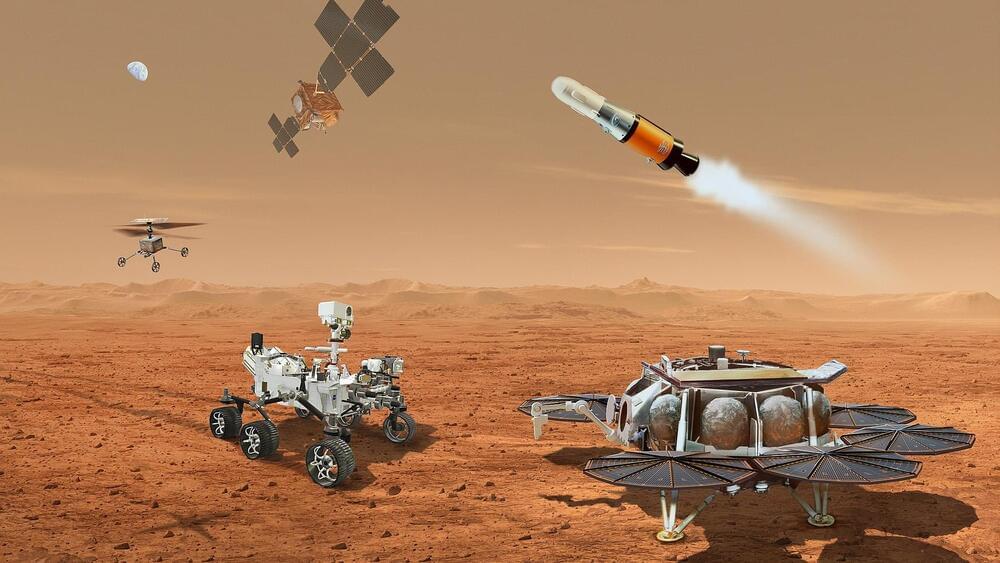“This is one of the only triple systems where we can tell a story this detailed about how it evolved,” said Dr. Emily Leiner.
What can fast-spinning stars known as “blue lurkers” teach us about star formation and evolution? This is what a recent study being presented at the 245th American Astronomical Society meeting hopes to address as a team of researchers investigated the potential processes responsible for how an unusually fast-spinning blue lurker-white dwarf star within the open star cluster M67 could have evolved into what we see today. This study has the potential to help researchers better understand the formation and evolution of stars throughout the cosmos and what mysterious behavior they can exhibit.
Located approximately 2,800 light-years from Earth, M67 is estimated to be between 3.2 and 5 billion years old. While the exact number of stars within M67 remains up for debate, astronomers used NASA’s Hubble Space Telescope to identify this blue lurker as being part of a triple star system with the appearance of our Sun. However, it’s the unique spin rate of this star that grabbed the attention of astronomers, who postulate that it gathered material from one of the two other stars, resulting in a spin rate of four days. For context, Sun-like stars typically take approximately 30 days to complete one orbit.







